Best AI Agents for Recruitment : a Guide
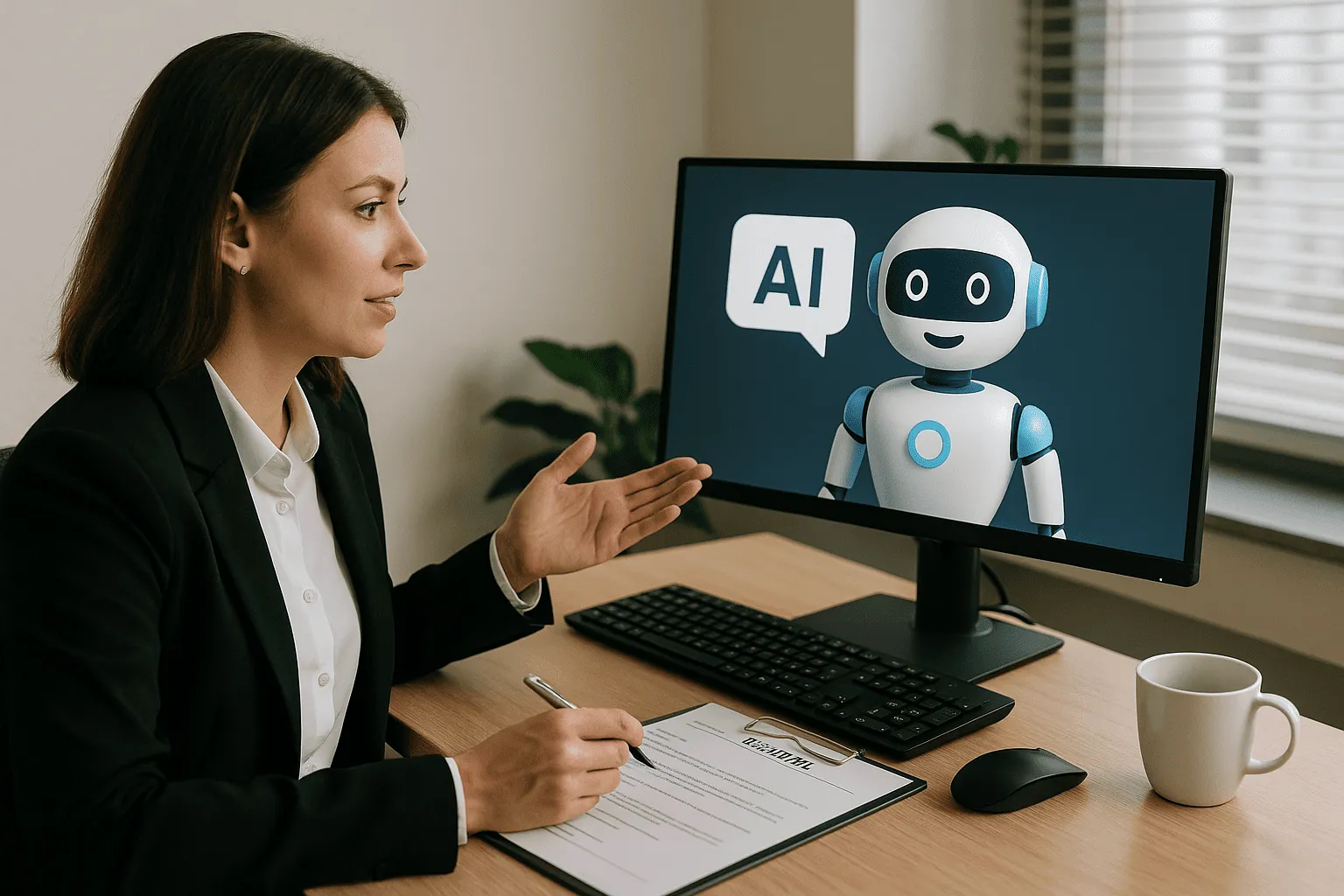
Following the hype, many recruiting teams are now looking at AI agents.
But you may wonder: How do these tools really work ? And how do I know which tools to trust?
This article gives you all the answers with examples of tools.
AI Agents for Sourcing
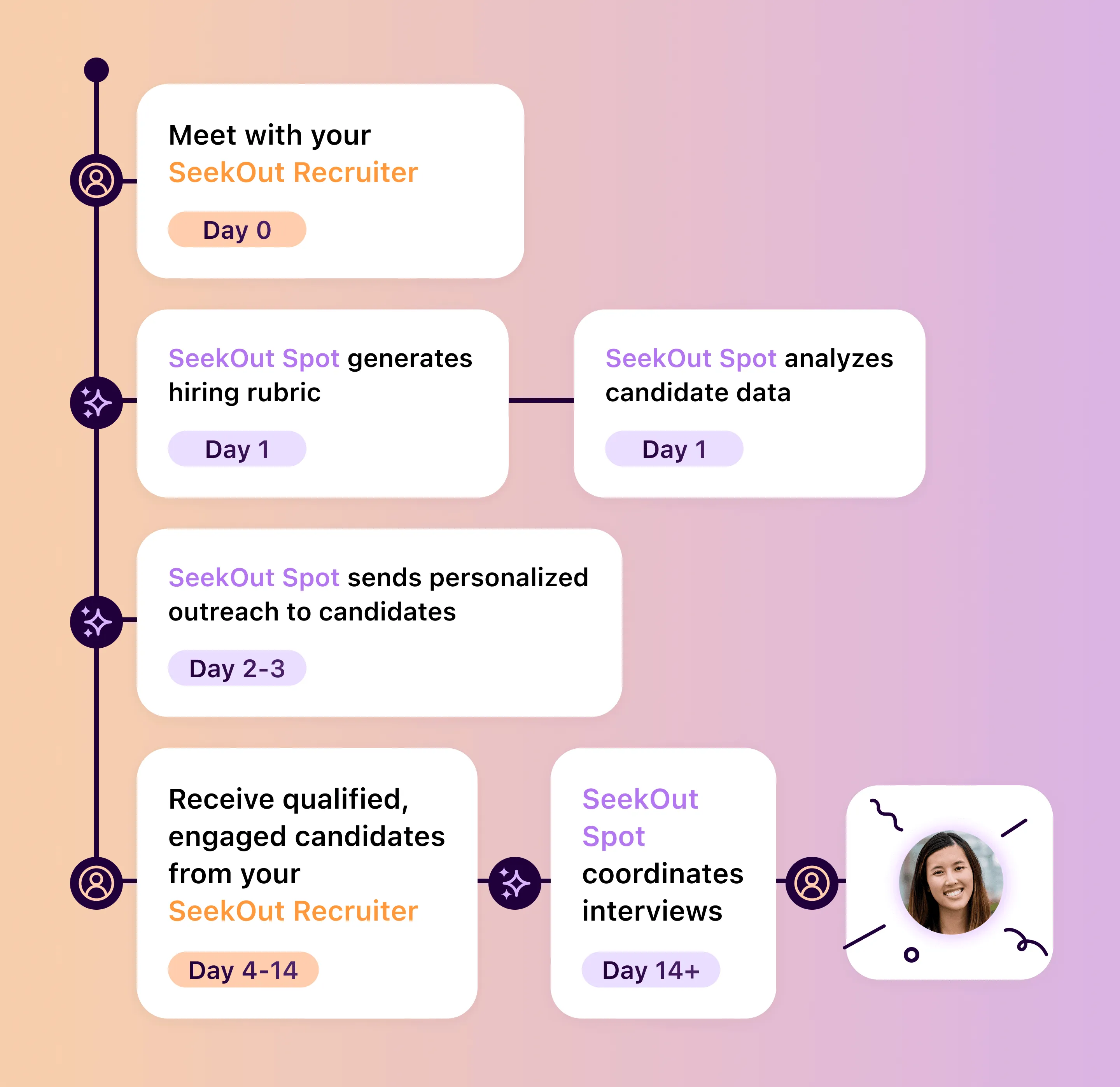
Finding the right candidates is often the hardest part of recruitment. You spend hours searching across LinkedIn, job boards, and niche communities. AI agents can now do this work for you—autonomously, at scale, and continuously.
How it technically works
AI sourcing agents operate like digital recruiters. They don’t wait for you to run a search. Instead, they receive a role description and then act on their own.
Here’s how:
- Understanding the role
The agent processes the job requirements. It analyzes skills, experience, and cultural fit. Unlike a keyword search, it builds a richer picture of what “ideal” looks like. - Scanning data sources
The agent then connects to multiple platforms. These can include LinkedIn, GitHub, Stack Overflow, job boards, and internal talent pools. It crawls profiles the way a human would—but much faster. - Filtering candidates
Using natural language processing, the agent filters candidates beyond simple keyword matches. It recognizes synonyms, related skills, and contextual clues. For example, it knows that “React” often implies knowledge of JavaScript. - Ranking and scoring
Candidates are then scored based on relevance. The agent weighs skills, career progression, and even inferred soft skills from profile descriptions. - Continuous improvement
Most sourcing agents learn from feedback. When you accept or reject a candidate, the agent refines its criteria. Over time, it gets closer to your definition of “top talent.”
Examples of tools
Several platforms are already offering AI agents for sourcing.
- SeekOut
SeekOut introduced autonomous AI agents designed for recruiting. You give the agent a role, and it continuously searches talent pools. The system learns from recruiter feedback, so it improves with every use. It also offers diversity filters to help you reach underrepresented groups. - HeroHunt.ai
HeroHunt positions its AI agent as a “virtual sourcer.” It scans the open web, not just LinkedIn, to find talent in hidden places. It also automates outreach, so once a profile is sourced, the agent can draft a personalized email to start the conversation. - Hireflow.ai
Hireflow uses AI agents to both source and engage candidates. It can automatically import relevant profiles into your ATS and launch outreach campaigns. This reduces the gap between finding talent and making first contact. - OptimHire
OptimHire developed AI agents that act like digital recruiters. They search profiles, assess technical skills, and deliver ranked candidates. These agents are designed for scale—helping startups and enterprises fill pipelines quickly.
AI Agents for Screening
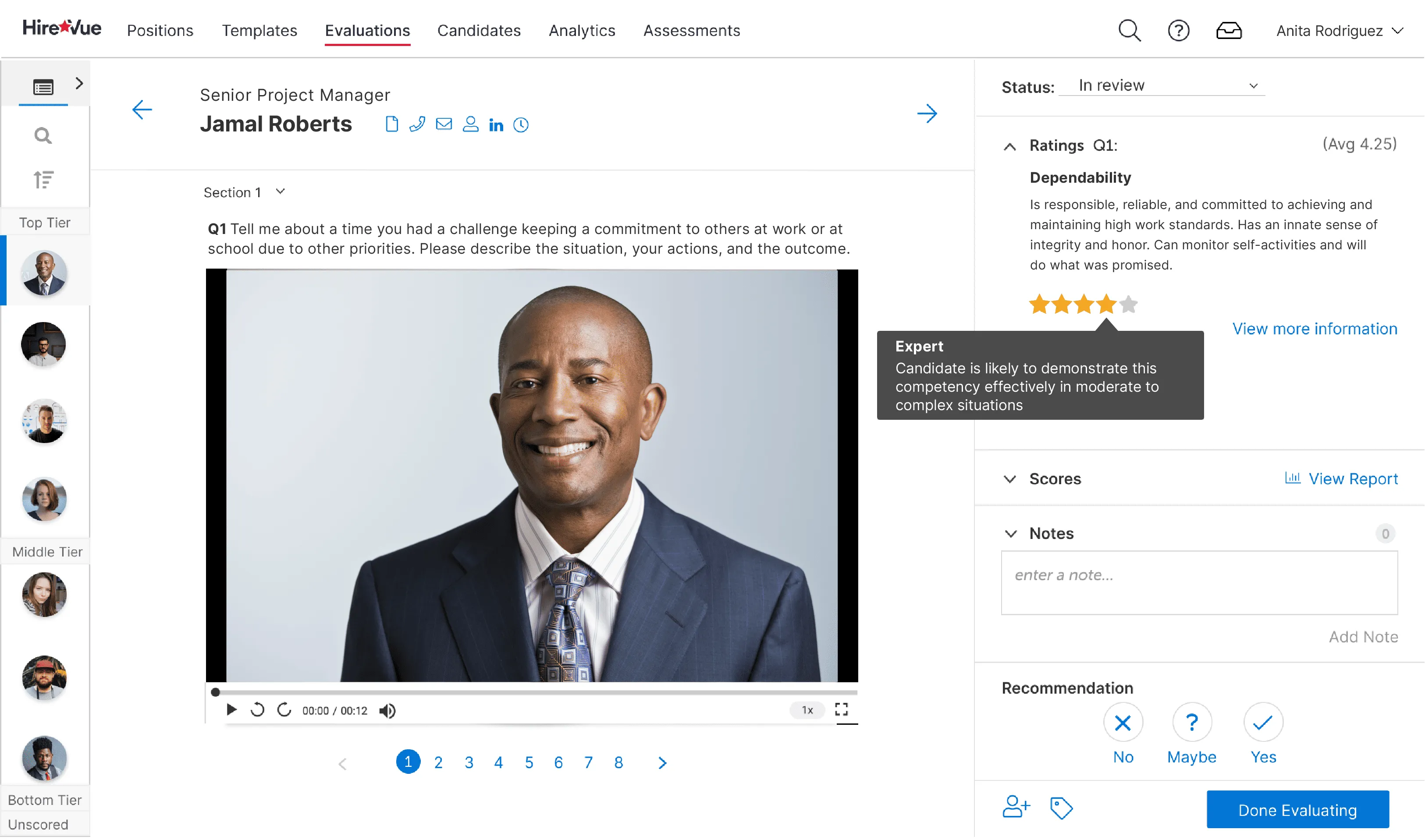
Screening large volumes of applications can drain your time. You need to find candidates who truly fit the role, not just match keywords. AI screening agents help. They evaluate resumes and applications with precision. They rank candidates and move them forward, sometimes automatically.
How it technically works
1. Resume parsing with NLP
AI agents use Natural Language Processing to read resumes. They extract key details such as skills, experience, education, and context. This goes beyond basic keywords. It helps understand relevance, even when phrasing differs.
2. Scoring and ranking
Candidates receive a relevance score. The score is based on how well their profile matches job requirements. Agents can rank applications and present your best-fit candidates first.
3. Triggering next steps
Some agents act beyond ranking. If criteria are met, they trigger the next stage. That could be a follow-up email, a test prompt, or even scheduling a pre-screening.
4. Continuous learning
These agents learn from your input. You accept or decline candidates. The AI adjusts its understanding over time. That improves future screening accuracy.
5. Reducing bias and adding fairness
Advanced systems analyze behavioral patterns, career trajectories, or even social signals to assess cultural fit. The goal is to move beyond gut feeling and reduce unconscious bias.
Examples of tools
HiveMind AI
This tool sorts and ranks resumes. It performs skill assessments and even engages with candidates. It helps you automate both screening and early engagement.
Beam.ai – Candidate Screening AI Agent
This agent reviews resumes and shortlists applicants based on your criteria. It claims up to 92% matching accuracy and reduces screening time by about 70%.
Pinpoint, Workable Recruiting, Manatal
In one roundup of top tools, Pinpoint stands out for automated candidate screening. Workable prioritizes qualified candidates. Manatal offers customizable pipelines and screening flows.
HireVue
Known for video interviewing with AI. It analyzes verbal cues and facial expressions to score candidates. It is widely used by large companies. But it has faced criticism—and legal concerns—over fairness and bias.
Knockri
Knockri focuses purely on content analysis. It evaluates video or audio interviews via transcripts—not tone or facial cues. That improves transparency and fairness. It’s favored by some public institutions for these reasons.
Torre.ai
This platform goes further. It captures a candidate’s "professional genome"—hundreds of data points, including psychometrics. AI then assesses fit for roles, companies, and teams. Torre automates over 90% of recruitment tasks, making hiring faster and cheaper.
AI Agents for Interviewing
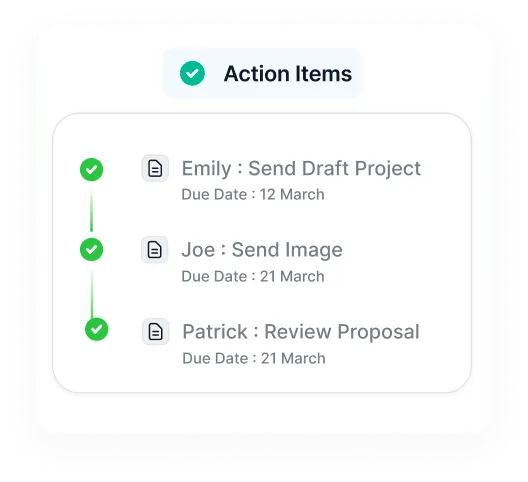
When you run interviews, your focus should be the candidate—not note-taking. But capturing insights, decisions, and tasks can eat up your attention. That’s where interviewing agents step in. Noota is for example one of them.
How it technically works
- Automatic recording & transcription
Noota joins your virtual or in-person interviews automatically. It captures audio from Zoom, Teams, Google Meet—or meetings held face-to-face—and transcribes them in real time. No more scrambling to take notes while staying engaged. - Structured summaries
After the interview, Noota doesn't just dump a transcript. It generates a clean, structured report. You get key takeaways, candidate strengths, action items, and a summary that’s easy to scan. - Conversational intelligence & evaluation grids
Noota analyzes not just words—but how you say them. It provides metrics like speaking ratio, sentiment, and even soft‑skill cues. You can also auto-generate evaluation grids—so every candidate is assessed consistently. - Task extraction and follow-ups
The tool pulls out promised next steps—like follow-up tasks or pending decisions—and surfaces them for you. It can draft follow-up emails or fill your ATS automatically. - Asking your meeting
Noota includes a chat interface—Ask Noota—that lets you query the interview itself. Want to know “What did we agree on about relocation?” or “Who promised to send references?” Just ask. - Workflow automation with AI Agent
Beyond capturing interviews, Noota’s AI agent can perform actions automatically. It can update your ATS, send follow‑ups, generate reports, or trigger workflows in other tools once certain topics or decisions are detected.
Examples of tools
- Noota : This is your go-to AI interviewing agent. It handles recording, transcription, summarizing, evaluation, follow-up, and automation. It works seamlessly with your existing tools—ATS, CRMs, Notion, Slack, Gmail, and more. Companies using Noota report real improvements:
- 50% faster hiring timeline
- 4 fewer hours of admin work per week
- 100% up-to-date candidate data
- Others in the IaaS landscape
While Noota dominates the interview note‑taking and automation space, other platforms like FloCareer or InterviewVector focus on technical assessments or high-volume interviewing. They often provide structured interview frameworks but lack real-time transcription or post-interview automation.
AI Agents for Evaluating
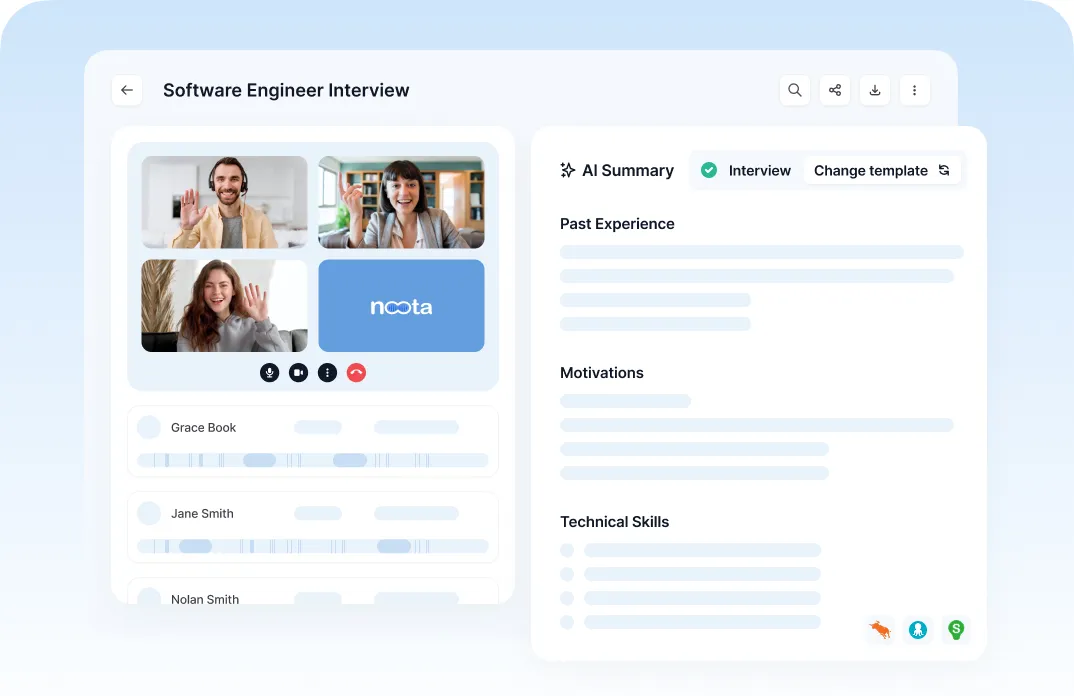
When you reach the evaluation stage, you want clear insights into candidate performance. You need assessments that go beyond what resumes tell you. AI agents in evaluating help you scale interviews, assessments, and fairness—all with precision.
How it technically works
- Automated assessments & structured interviews
AI agents can conduct structured video or chat interviews. They prompt candidates with pre-set questions. Then they evaluate responses based on criteria like clarity, relevance, or skill fit. The process is automated and consistent. - Scoring and behavior analysis
These agents don’t just record answers—they score them. Some measure empathy, tone, or sentiment. Others may detect hesitations or emotional cues to assess confidence or authenticity. - High-volume, 24/7 interviewing
AI agents work around the clock. They let you screen large applicant pools instantly. Candidates interact at any time. The agent logs the results for your review. - Candidate behavior shifts
Candidates adapt when they know AI evaluates them. They emphasize analytical traits and downplay emotional ones. That changes how they present themselves and can influence scoring. - Human oversight remains essential
Even though AI agents evaluate automatically, final decisions still involve human review. AI helps you rank and summarize. You interpret.
Examples of tools
- Virtual recruiters & screening agents
Tools like Noota. They conduct voice or video interviews. They evaluate responses, sometimes flag emotional indicators, and send transcripts or summaries to recruiters. - HireVue A well-known video interview platform. It can score candidates on verbal cues and expressions. It’s widely adopted. But it’s also drawn criticism over bias and fairness.
- Knockri Knockri assesses video or audio interview responses by focusing solely on transcript content. It avoids bias by not using facial or vocal signals. It’s transparent and favored for fairness.
- Torre.ai This platform automates evaluation at scale. It skips resumes and uses a candidate’s "professional genome"—hundreds of data points. It evaluates suitability using multi-part AI. Then it predicts job and team fit quickly.
Leverage your Interview Data
AI interview notes, scorecard, follow-up, ATS integration, and more...
Related articles

Forget note-taking and
try Noota now
FAQ
In the first case, you can directly activate recording as soon as you join a videoconference.
In the second case, you can add a bot to your videoconference, which will record everything.
Noota also enables you to translate your files into over 30 languages.

.svg)
.svg)

.webp)
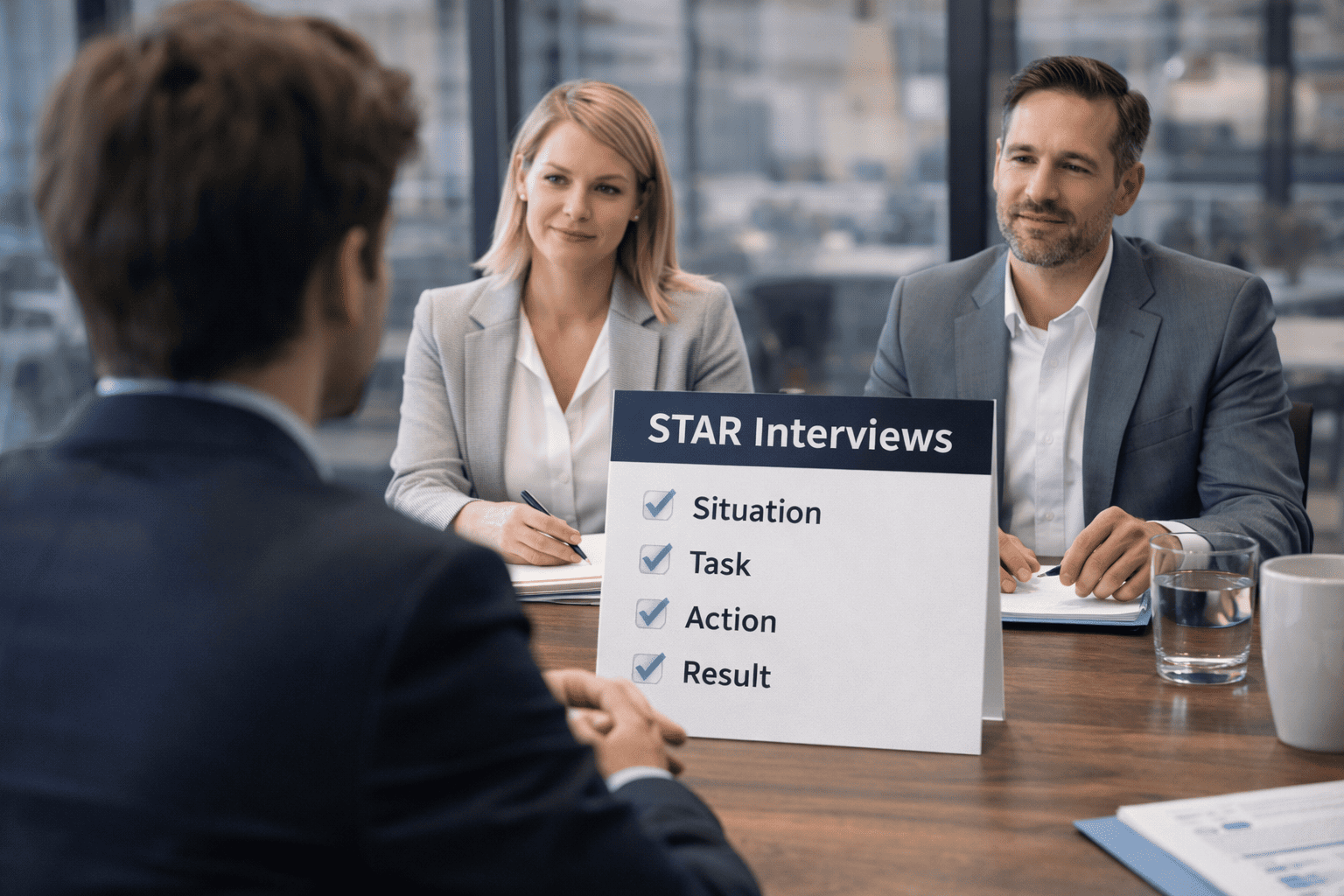
.png)
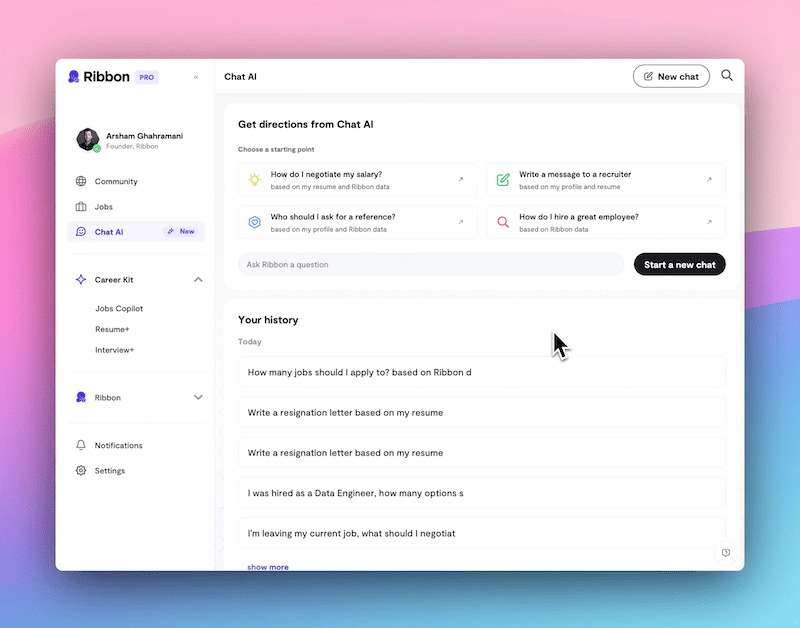
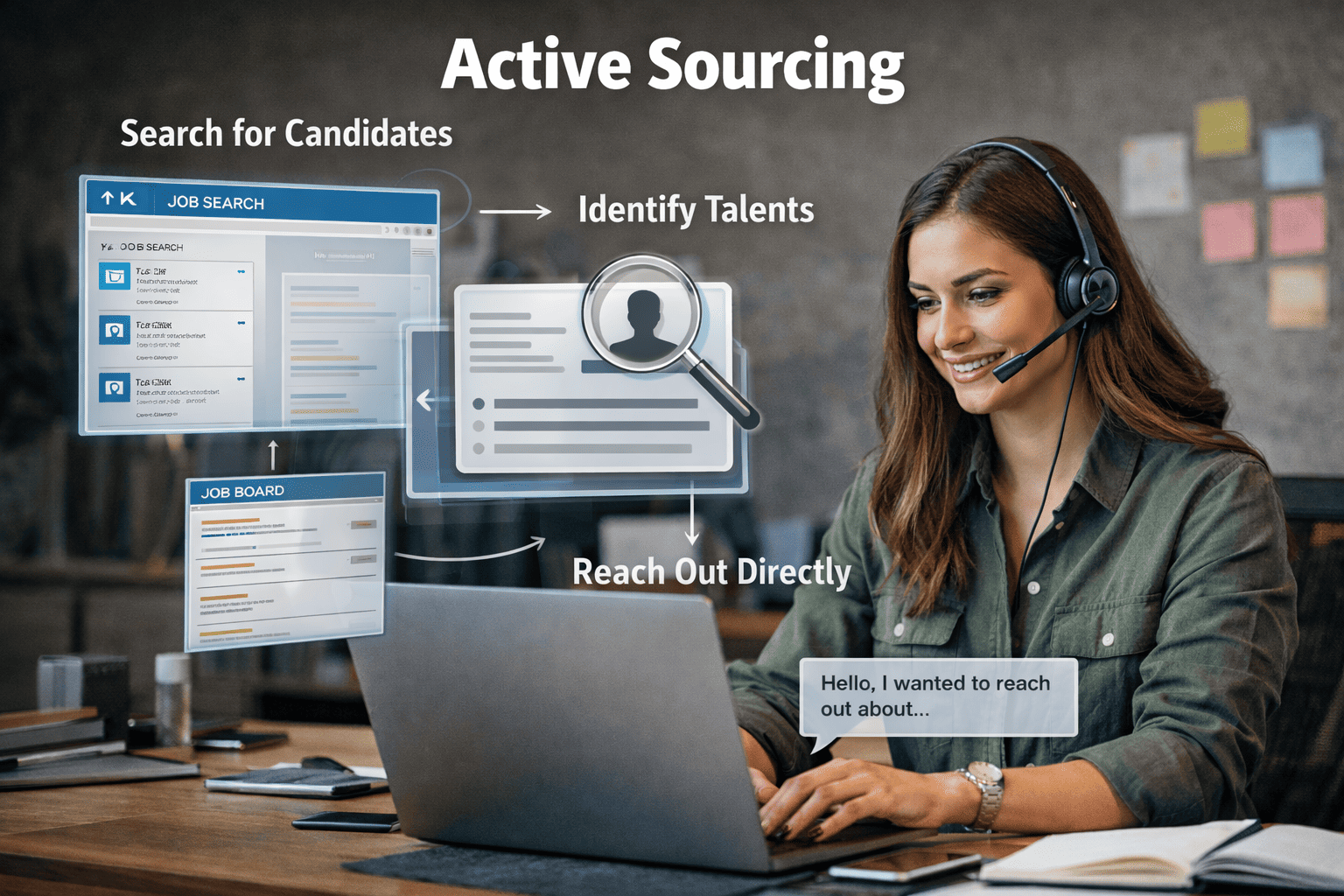
.svg)
